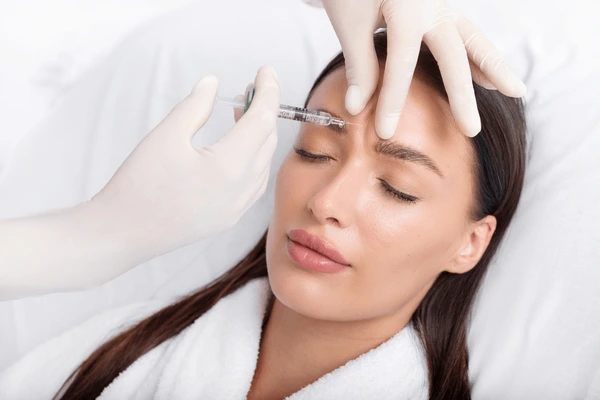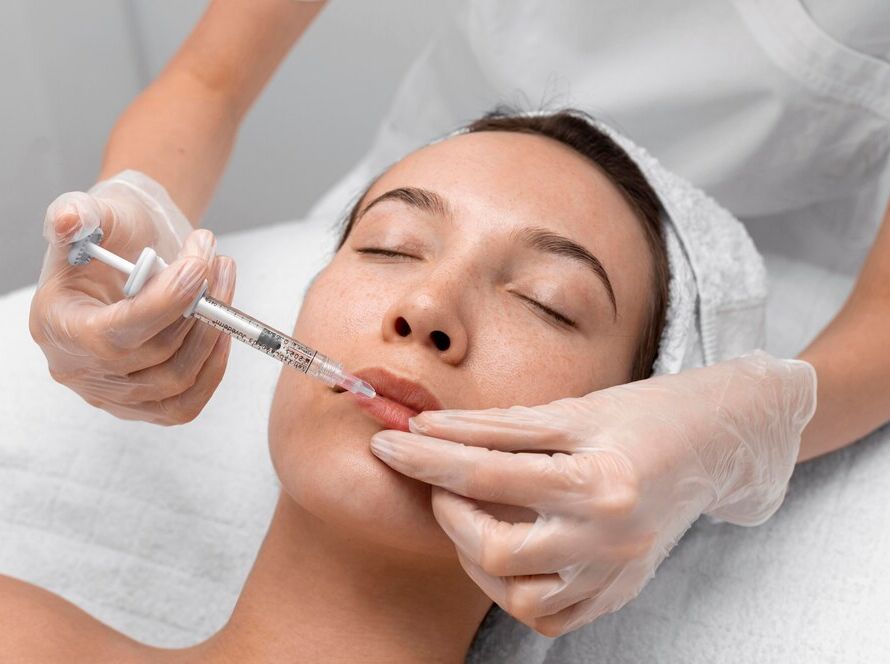Dive into the ethical considerations of cosmetic injecting, such as understanding patient motivations, consent, and delivering realistic outcomes.Cosmetic injections have revolutionized the aesthetic industry, offering patients non-invasive solutions to enhance their appearance and boost their confidence. However, with the growing demand for neurotoxins and fillers comes a critical responsibility for practitioners to navigate the ethical complexities of patient care. Beyond technical skills, injectors must balance patient expectations with professional integrity, ensuring safe and appropriate outcomes.


Prioritizing Patient Safety
The safety and well-being of patients should always come first. Ethical injectors prioritize safety over profit by adhering to strict protocols, using high-quality products, and understanding anatomy to avoid complications. Key principles include:
- Knowing When to Say No: Not every patient request is safe or appropriate. As a practitioner, you must have the confidence to refuse treatments that could compromise patient health or lead to unnatural results.
- Staying Within Your Scope: Only perform procedures you are properly trained and certified to handle. Seek additional training when necessary to expand your skill set ethically.
- Recognizing Contraindications: Carefully review medical histories and identify any conditions or factors that may make a procedure unsuitable for a patient.
By making patient safety a non-negotiable priority, you uphold the trust and credibility that are central to ethical practice.
Identifying and Addressing Body Dysmorphia
Body dysmorphic disorder (BDD) is a serious mental health condition that may lead some patients to seek unnecessary or excessive cosmetic procedures. Ethical practitioners must be vigilant in recognizing signs of BDD, such as:
- Obsessive focus on perceived flaws.
- Repeated requests for treatments despite already achieving aesthetic goals.
- Unrealistic dissatisfaction with previous procedures.
If you suspect a patient may be struggling with BDD or similar concerns, it is your ethical duty to:
- Decline the Procedure: Politely and professionally explain why further treatment may not be appropriate.
- Refer to a Specialist: Suggest they consult a mental health professional to address underlying issues.
While turning away patients may feel uncomfortable, it demonstrates your commitment to their overall well-being, reinforcing your role as an ethical provider.

Conclusion: Ethics as the Heart of Aesthetic Practice
The ethics of cosmetic injections go beyond technical skills—they encompass compassion, honesty, and a commitment to doing what’s best for your patients. By prioritizing safety, managing expectations, and practicing with integrity, you can navigate the challenges of aesthetic medicine with confidence and professionalism.
we emphasize the ethical principles of aesthetic practice in all our training programs. Our goal is to empower practitioners to deliver exceptional results while maintaining the highest standards of care. Ready to elevate your practice? Explore our courses and join the next generation of ethical aesthetic professionals.



